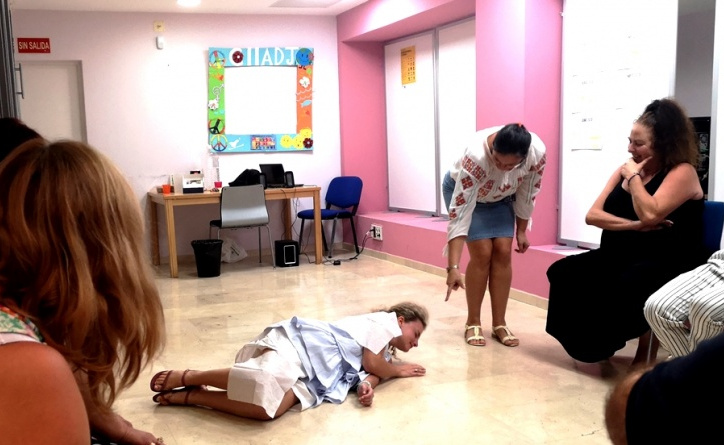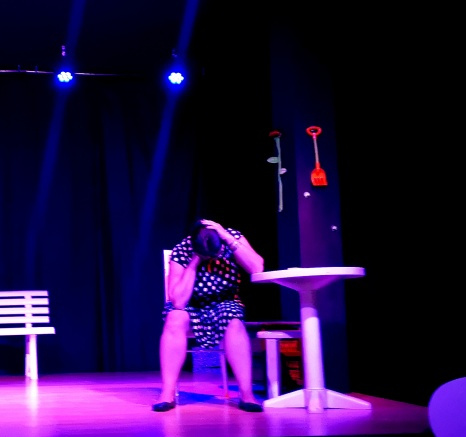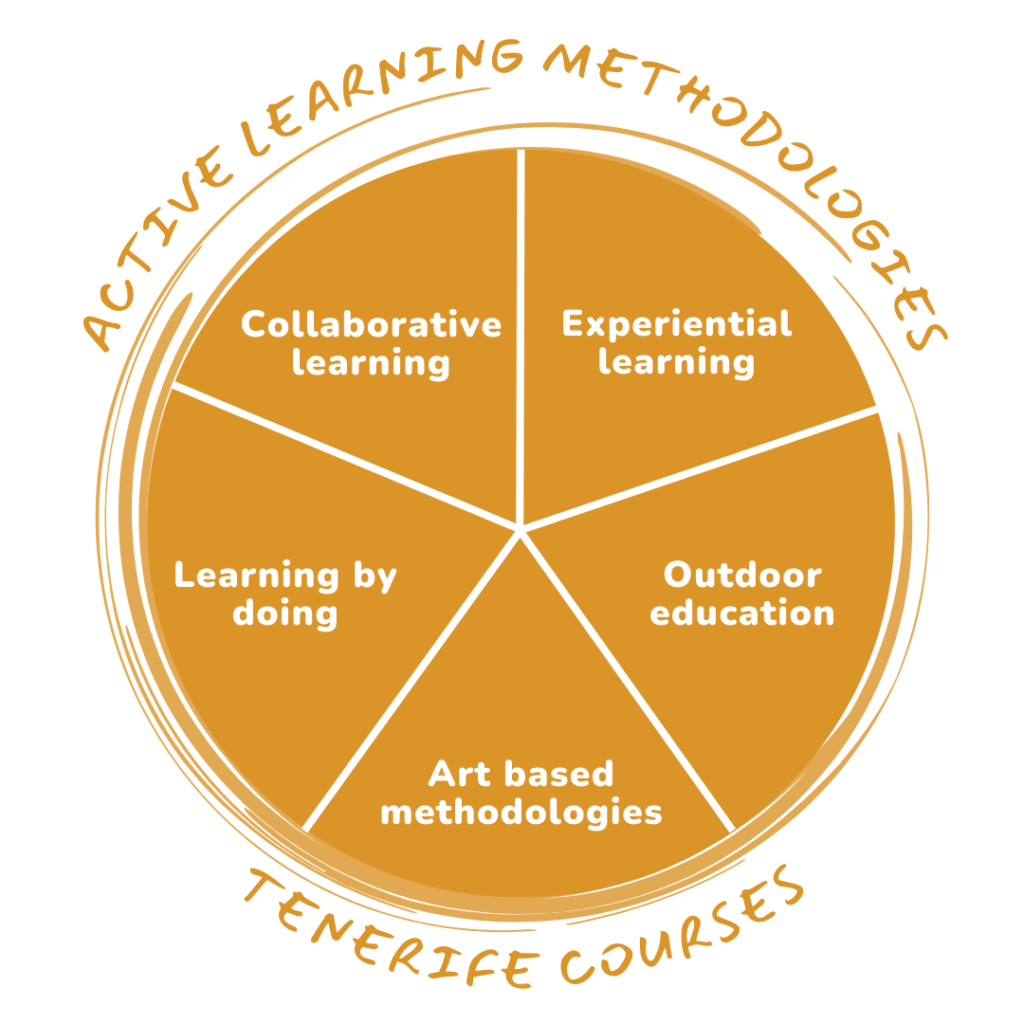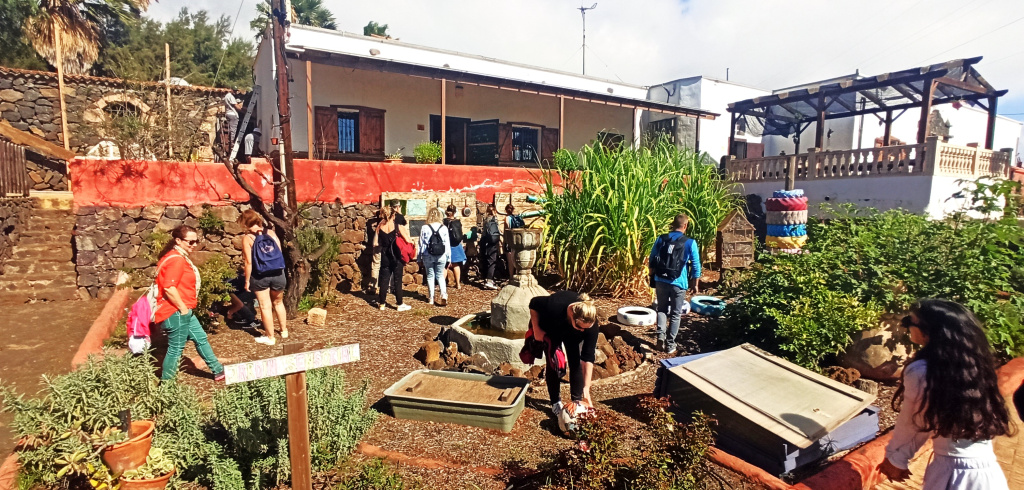Preventing conflicts, bullying and cyberbullying
Bullying and cyberbullying are very serious and common situations that often have a long term negative impact on the ones involved (behaviour disorders, depression, low self-esteem, early school leaving, unemployment etc.). This course will increase awareness about the different types of verbal, psychological and physical bullying and cyberbullying and empower the participants on how to detect it on time and react when it happens. The course is inspired by the KIVA research-based anti-bullying program that highlights the importance of changing the attitudes and behaviours of the observers/bystanders towards bullying, and not only focusing on the victim and the aggressor. We collaborate an organization specialized in the prevention of bullying and cyberbullying in Tenerife that also focuses on a whole-school approach and the participant role approach to bullying.
The participants will also learn how therapeutic theater can be used to identify possible bullying in class, work with the different roles (observers, victim, aggressor). Through real life stories (live and video), role plays, trust games and other theater techniques and exercises, the participants will learn how to teach and practice emotional intelligence, empathy, trust and active listening. Our trainers will show how to use active learning and experiential learning methodology to teach about bullying and create a respectful and non-vilont learning environment.
The nature of this course is highly practical and hands on, so the participants will experience themselves some of the techniques while also reflecting on how to apply them to their context.



Methodology:
Our focus is on showing the participants how the learners’ motivation increases when they become the actors of their own learning because the teacher takes the role of facilitator or learning guide.
Energizers, games and group reflections are foreseen daily in order to ensure a positive energy and a cooperative learning climate in the group.
We tailor our working methods based upon the participants‘ needs and professional profiles in order to ensure easier adaptability and application of the tools to the real life.
Certification and validation of learning outcomes
- Erasmus + learning Agreement
- Erasmus + learning Agreement complement
- Certificates of attendance
- Support with the Europass mobility certificates – to be issued by the applicant’s National Agency
Upon request, we also provide educational centers with additional documents that are required to certify the presence to the course and the competences learned. For example, we provide photos of the training course that can be used for dissemination purposes.

